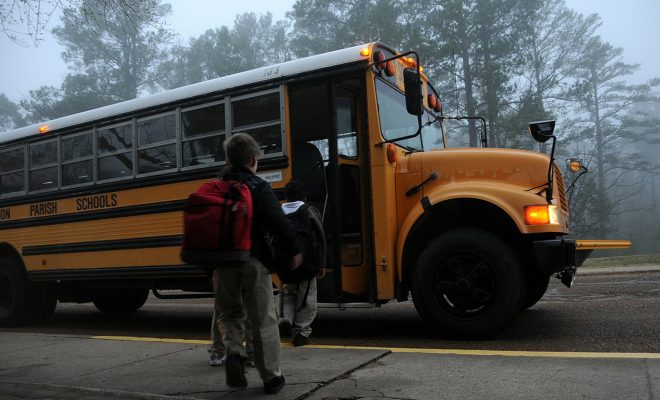How Leaders Indirectly Influence Teachers’ Emotions

The indirect influences leaders have on teacher emotions have much to do with teachers’ working conditions in the classroom and school. Leaders influence many of the working conditions in significant ways, leading to an indirect form of influence on teachers’ emotions through their efforts.
The amount and complexity of the teachers’ workloads have a significant effect on their emotions. Teachers overall attitude about the workload is dependent on their views of five features in their environments. When teachers perceive their workload as unfair, commitments to the school and morale decrease, and feelings of stress/burnout increase.
Excessive paperwork and other bothersome non-teaching demands, like hall monitoring, bus duty, and lunchroom supervision add to teachers’ feelings of stress. This increases likelihood of teachers moving on to other schools or other lines of work.
The intensity of teachers’ workloads also produces negative perceptions. Difficulties reduces job satisfaction, especially when teachers are ill-prepared, or students are uncooperative and achieve poor results. Complexity can become manageable when teachers are given freedom over classroom decisions so that they can do their best work. Creating an atmosphere that encourages learning throughout the school, where instructional resources are readily available, also increases manageability.
Teachers feel the pinch when they are given insufficient preparation time, unreasonably large classes, and complex class composition (e.g., grouping high-performing students with those with special needs). Disruptive students and unmet student needs add to teacher stress. Students’ aspirations, behavior, and readiness to learn are negatively influenced by dysfunctional family environments, which then influences teachers’ emotions.
Four sets of working conditions have a significant influence on the emotions of teachers – school cultures, structures, relations with the wider community, and operating procedures. School cultures have a significant effect on most teacher emotion sets. The goals and expectations for teachers’ work should be clear, explicit, shared, and meaningful. As a result, teachers are sure of their roles. In such cultures, teacher collaboration is encouraged and supported.
Management of student behavior is an important factor, having significant positive effects on the time required of teachers for instruction. It also has an impact on student performance, because more instructional time means better student performance.
Efforts to handle student misbehavior directly effect the teacher’s job satisfaction, stress, and attendance. Negative results are reduced when school leaders and teachers set and enforce rules for student behavior. Teachers often respond positively when their leaders value and support teacher and student safety, and where high standards are required of students.
When it comes to school structures, the main purpose is to enhance the development and maintenance of cultures that support teaching and learning. However, not all school structures can be altered easily or quickly. For example, positive teacher emotions are associated with relatively smaller schools in suburban areas.
All the other structural aspects of schools that affect teachers’ emotions are quite flexible and can easily outweigh the negatives of large school sizes and urban locations. These include positive contributions to teachers’ internal states of efficacy, satisfaction, and commitment, as well as reduced stress/burnout, morale, and engagement. Other overt practices that give teachers opportunities to work together, such as common planning times, work well. Positive effects are also associated with adequate lesson preparation time.
The school’s goals are a true source of direction for teachers’ professional learning. The students provide challenges that stimulate learning, and the school’s resources are the only limitations to learning. Forms of professional development that contribute most to sustained teacher learning are study groups, coaching, mentoring arrangements, networks linking teachers to explore challenges, and asking questions of students.
Empowerment and participation in school decision-making is also important for teachers. This enhances commitment in staff by making them the main causal agents of their own performance. There is also a need for physical facilities that allow teachers to use the instruction type they deem most effective, to increase their engagement in their schools and their desire to continue teaching.
Community relations form part of school conditions that influence the teachers’ job satisfaction, and the chance of school and professional commitment. Positive contributions only occur when the school’s reputation in the community is good, and its efforts are supported by parents and the extended community.
School operating procedures are the last condition that influence the teachers’ sense of individual efficacy, satisfaction, and school commitment. Under these procedures there are three sub-conditions. The first is the quality of communication in the school. Second are teachers’ opinions on school improvement planning, and third is whether the priorities fit.






